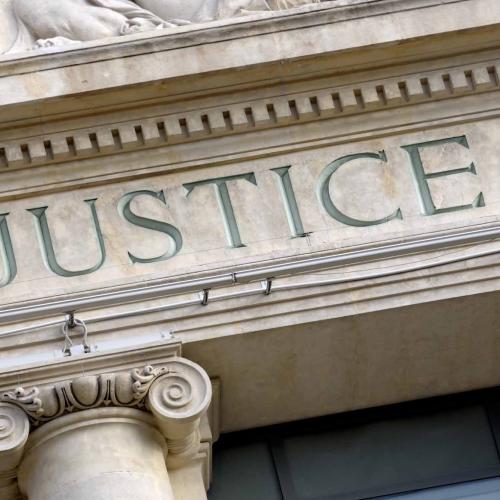Welcome to an academic platform dedicated to the critical legal principle established by the 1963 Supreme Court decision in Brady v. Maryland. The Brady Doctrine requires prosecutors to disclose evidence favorable to the defendant that is material to guilt or punishment, serving as a fundamental safeguard in the American criminal justice system.
This resource is tailored for legal scholars, practitioners, and students seeking a deeper understanding of the Brady Doctrine’s complexities, its application in courts, and its evolving interpretations. Here, you’ll find detailed case law analyses, scholarly articles, and educational materials that explore the doctrine’s impact on both prosecution and defense, as well as its ethical and constitutional implications.
Our goal is to provide a thorough exploration of how the Brady Doctrine upholds due process and fairness in criminal proceedings. Whether you are conducting research, preparing for litigation, or expanding your legal knowledge, our platform offers the insights and resources needed to navigate this essential area of criminal law.




